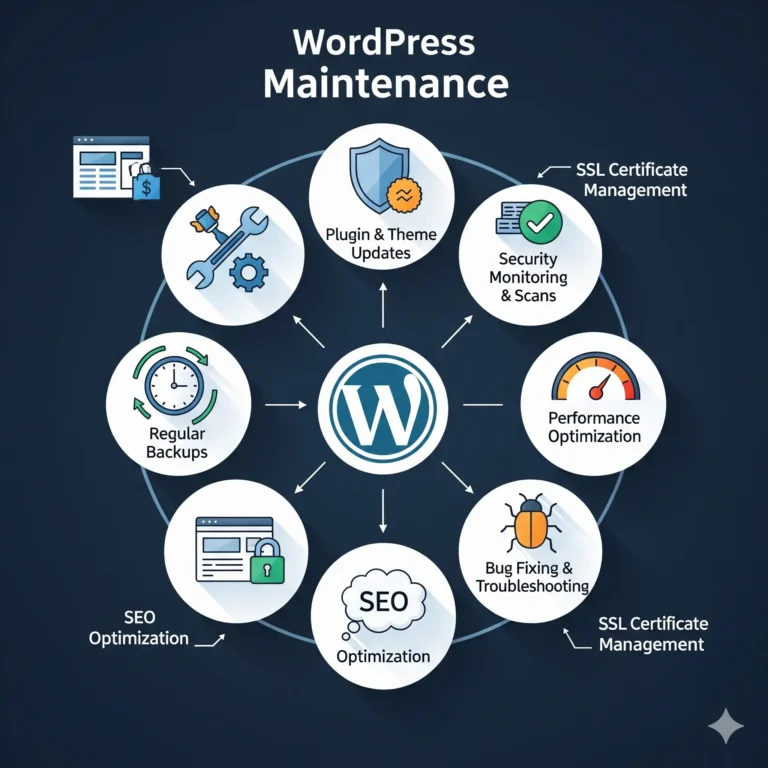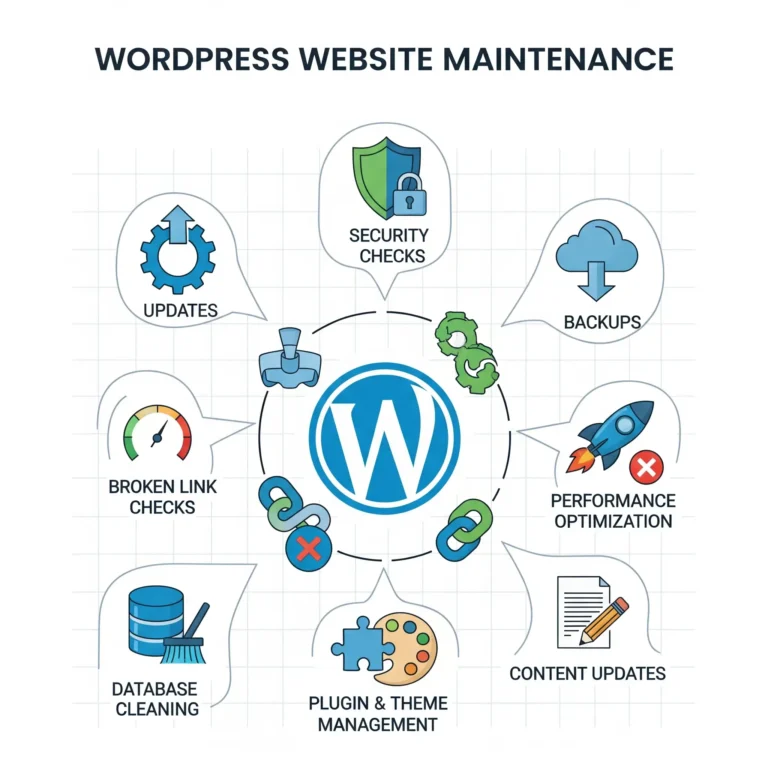KEYWORD FREQUENCY IN CONTENT (TF-IDF) – GOOGLE RANKING FACTOR?

KEYWORD FREQUENCY IN CONTENT (TF-IDF) – GOOGLE RANKING FACTOR?
Unraveling the Role of Keyword Frequency in Content for Google Ranking
Introduction:
Imagine you’re a website owner striving to boost your site’s visibility on Google. You’ve heard about the importance of keyword frequency in content, often measured by algorithms like TF-IDF (Term Frequency-Inverse Document Frequency). But just how significant is this factor in Google’s ranking algorithm? Does the frequency of keywords in your content influence your site’s position in search results?
For website owners and SEO experts, understanding the impact of keyword frequency in content is crucial for crafting effective optimization strategies. In this article, we’ll delve into studies and research to decide whether TF-IDF and keyword frequency play a substantial role in Google ranking. By examining data and evidence, we aim to shed light on this aspect of SEO and its implications for website owners.
The Importance of Keyword Frequency in Content:
Keyword frequency refers to the number of times a specific keyword appears within a piece of content compared to the total word count. On the other hand, TF-IDF is a numerical statistic used to evaluate the importance of a keyword within a document close to a collection of documents. While keyword frequency alone may not dictate ranking success, it is a fundamental aspect of on-page optimization.
Storytelling Incident:
Let’s delve into a scenario to illustrate the potential impact of keyword frequency on content:
Meet John, an online retailer specializing in organic skincare products. John recently revamped the product descriptions on his e-commerce website to include relevant keywords such as “natural ingredients,” “cruelty-free,” and “sustainable packaging.” Following this optimization, John noticed a significant increase in organic traffic to his website and a boost in sales.
Examining the Evidence:
To learn the significance of keyword frequency in content for Google ranking, let’s explore insights from relevant studies and research:
1. A study by Moz analyzed the correlation between keyword frequency and search rankings across a large dataset of websites. The findings revealed a positive association between the strategic use of keywords in content and improved search visibility.
2. SEMrush’s research on on-page SEO factors found keyword frequency critical to content optimization. The study emphasized the importance of balancing keyword density and readability to enhance a page’s relevance to search queries.
3. Backlinko’s analysis of Google’s ranking factors highlighted the role of TF-IDF in content optimization. The study found that pages with a well-distributed frequency of relevant keywords tended to perform better in search results, especially for long-tail queries.
Conclusion:
Based on the evidence presented, it’s clear that keyword frequency in content, as measured by TF-IDF and other metrics, can significantly impact a website’s Google ranking. By strategically incorporating relevant keywords into their content and keeping an optimal keyword density, website owners can improve their chances of ranking higher in search results and attracting organic traffic.
But amidst the evolving landscape of SEO and Google’s algorithm updates, one question lingers: Will keyword frequency continue to be a prominent ranking factor in the future?
What are your insights into the role of keyword frequency in content for Google ranking?
100% FREE GOOGLE PAGE RANK ANALYSIS
I want to prove my value to “Helping You Grow Your Business Stronger!” by offering a 100% free Google SEO pagerank analysis. Could you share your homepage URL (domain name) and the email to which I should send your 100% free report? Within a day or two, I’ll point out the top items on your business website that cost you customers.
WHY AUDIT YOUR WEBSITE?
SEO & SERP
Search Engine Optimize your website to maximize your Search Engine Results Pages Ranking.
UX + ADA
Check your website to improve User eXperience, increase their time-on-page, and follow ADA + WCAG guidelines.
PERFORMANCE
Check your website to minimize page open times on users’ phones, laptops, and desktop devices.
SECURITY
Check your website security to keep you and your users safe when visiting or making purchases.
SOCIAL MEDIA
Check your website for its social media optimization to help maximize visitors.
QUESTIONS?
If you’re ready for an F2F Zoom chat or want to ask a quick question by email, click the appropriate link below.
Regards,
Kenneth Ervin Young, CEO
Idea To Growth LLC
Digital Marketing and Website Agency

Sales are open for my new book!
“Angel Investors to Venture Capital
10 Slides to Startup Funding Success
Entrepreneurs Guide to Startup Fundraising”
WEBSITE SERVICES
SEO
SEM
SMO
SMM
BUSINESS COACHING SERVICES
CONTACT ME
You likely have many more questions about how I can help you solve your business challenges.
Set up a 100% FREE, NO OBLIGATION Zoom chat, phone call, or email me so you can learn how I can help.
Website: IdeaToGrowth.com
Email: Kenneth@IdeaToGrowth.com
Phone and Text: +1-813-407-8240
Business Hours:
Monday: 7 am to 8 pm
Tuesday: 7 am to 8 pm
Wednesday: 7 am to 8 pm
Thursday: 7 am to 8 pm
Friday: 7 am to 8 pm
Saturday: 7 am to 8 pm
Sunday: 7 am to 8 pm






